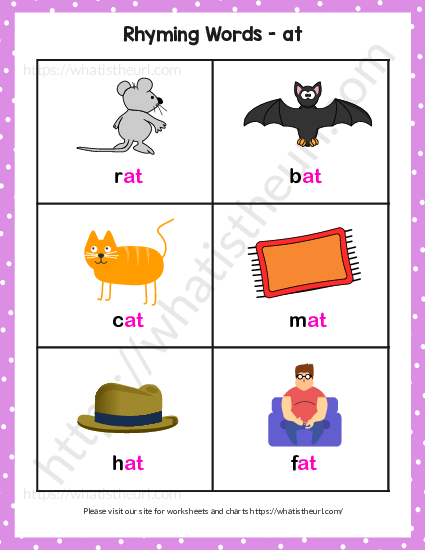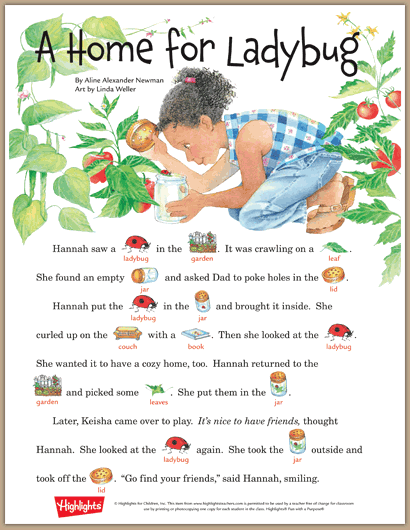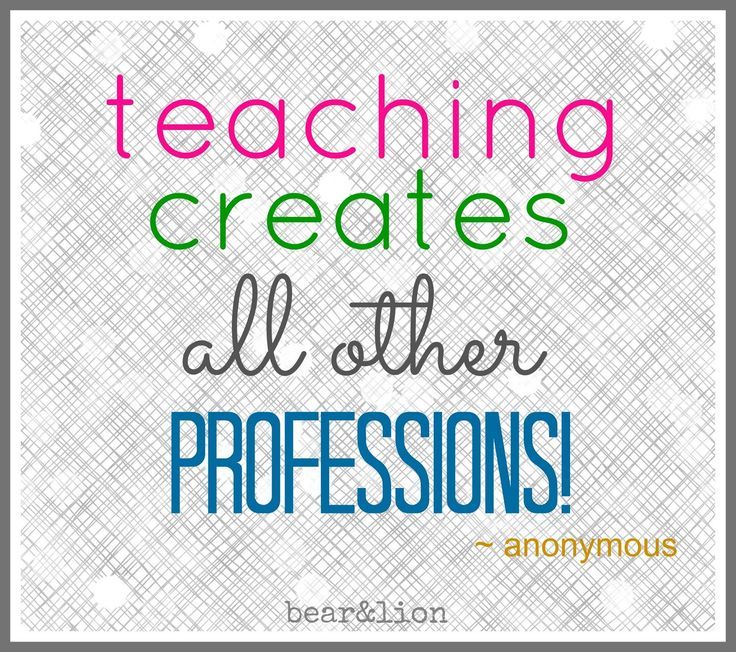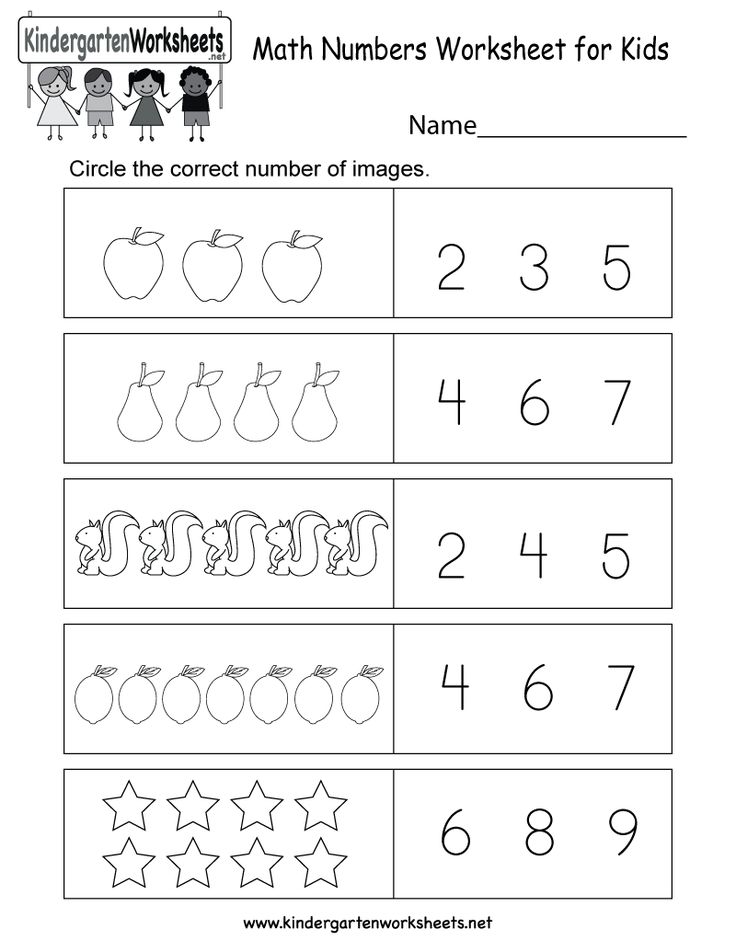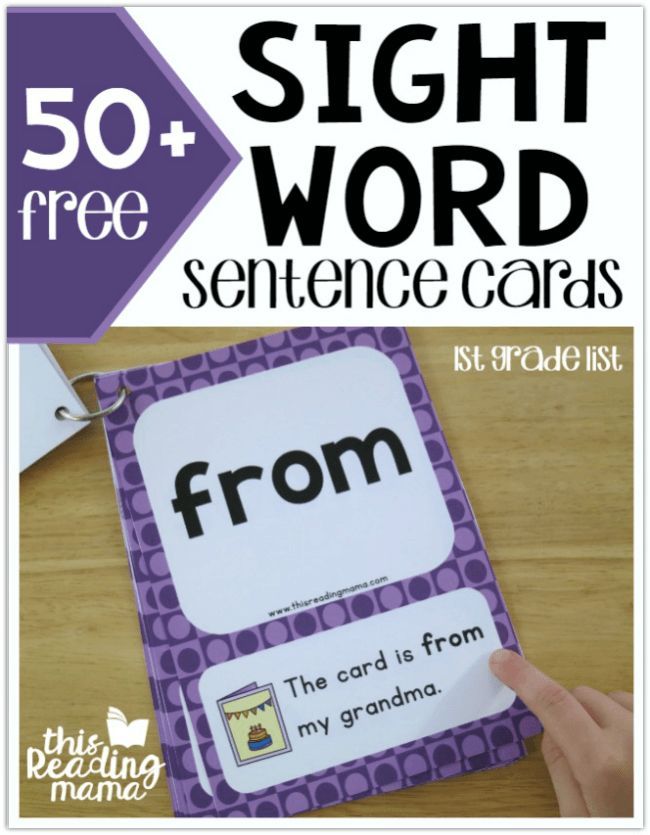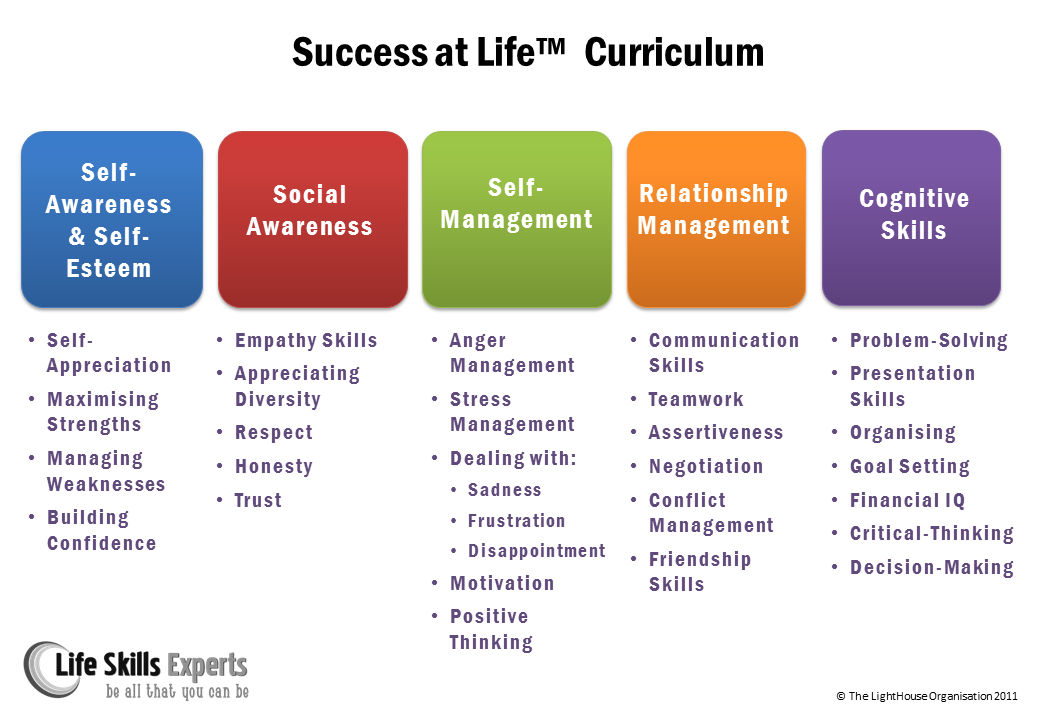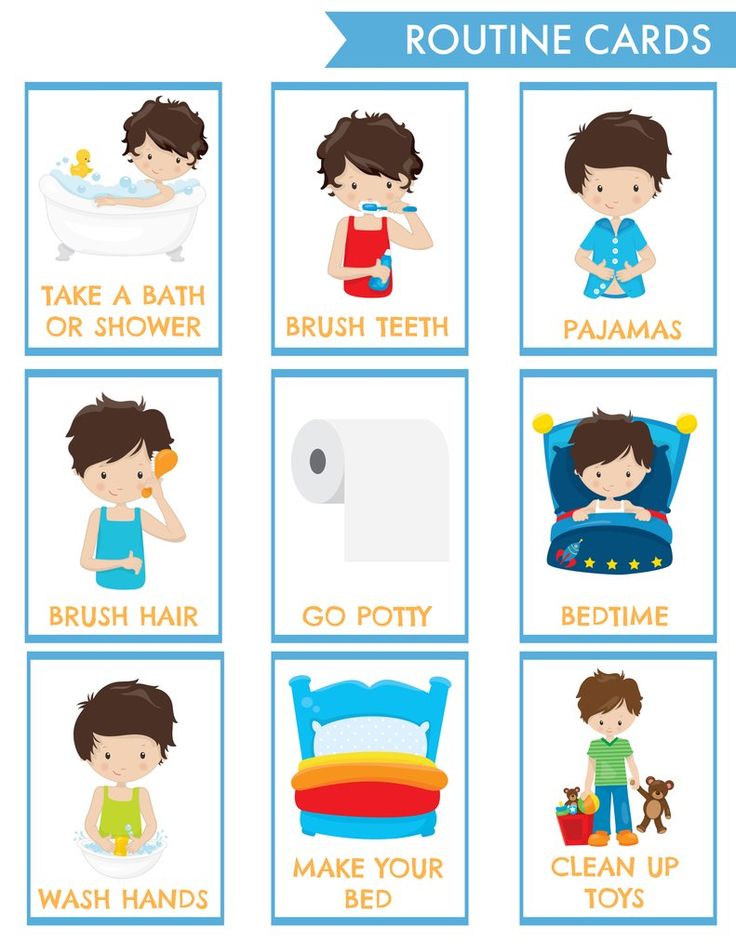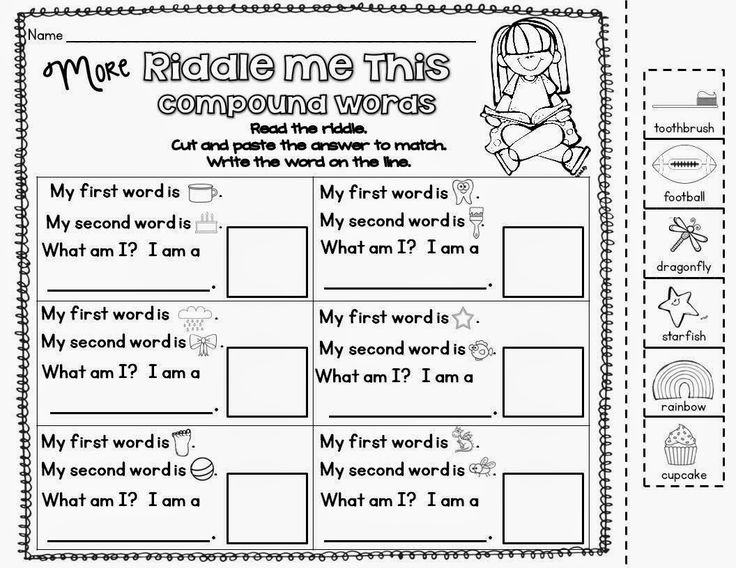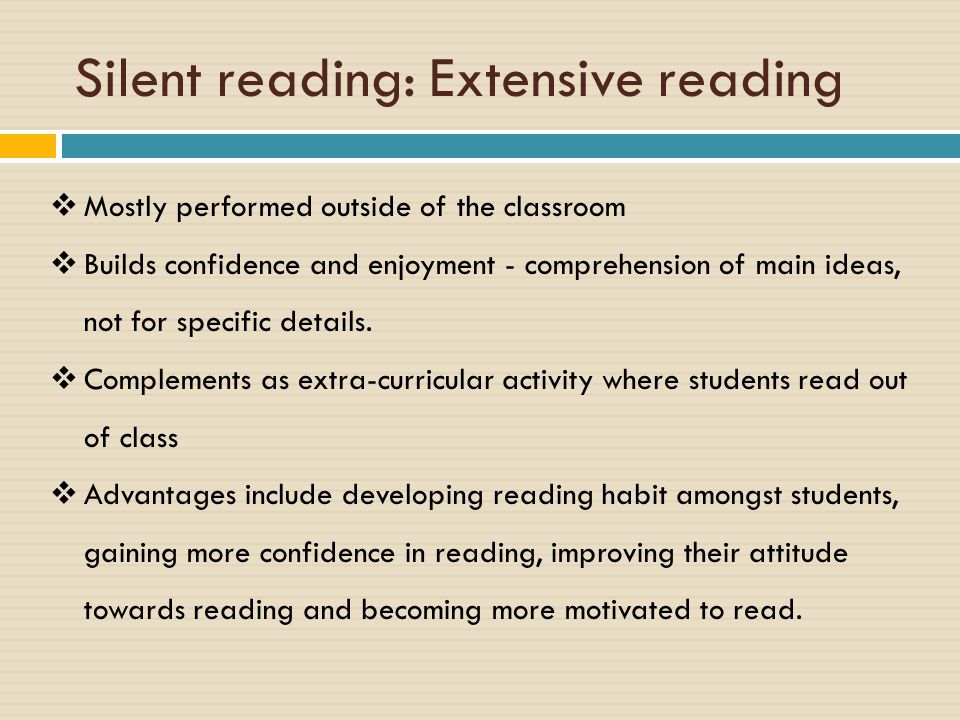Beginner spelling words
The Basic Spelling Vocabulary List
By: Steve Graham, Karen R. Harris, Connie Loynachan
This list was created to help teachers know which spelling words should be taught to kids in grades 1–5. The list contains 850 words that account for 80 percent of the words children use in their writing — the ones they need to be able to spell correctly.
This list was devised to help educators know which spelling words should be taught to children. The list contains 850 words that account for 80 percent of the words children use in their writing — the ones they need to be able to spell correctly.
Mastering this relatively small corpus of words yields a high rate of return. For example, the most common 1,000 words are used 13 times more frequently than the next most common 1,000 words. It also provides teachers flexibility in planning spelling instruction, providing an opportunity to give children the "basics" while supplementing with other spelling words germane to classroom activities.
Grade level for each word was determined based upon difficulty, pattern of occurrence in children's writing across grades, and grade placement on current vocabulary lists and spelling materials.
Words that children have difficulty spelling correctly are marked with an asterisk.
Grade 1 | |||
|---|---|---|---|
| a | fat | like* | sat
|
Back to Top
Grade 2 | |||
|---|---|---|---|
| about* | father* | lives | set |
Back to Top
Grade 3 | |||
|---|---|---|---|
| able | even | mind | spelling |
Back to Top
Grade 4 | |||
|---|---|---|---|
| across | during | mountain | sure* |
Back to Top
Grade 5 | |||
|---|---|---|---|
| although | different* | planet | suddenly
|
Back to Top
Graham, S.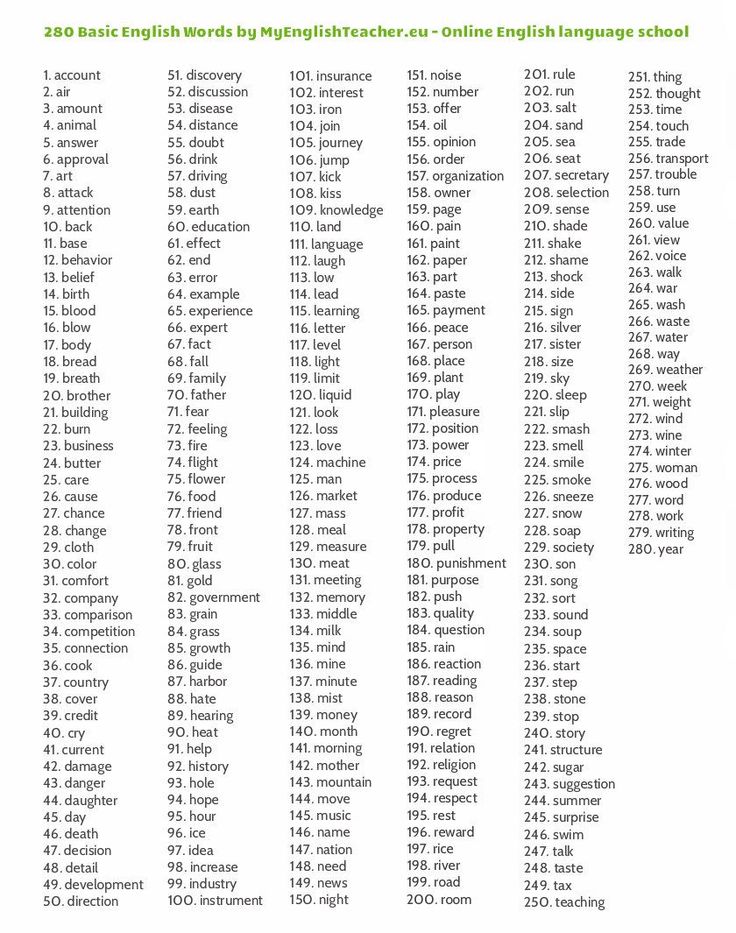 , Harris, K.R. and Loynachan, C. (1993). The Basic Spelling Vocabulary List. Journal of Educational Research 86(6) 363-368.
, Harris, K.R. and Loynachan, C. (1993). The Basic Spelling Vocabulary List. Journal of Educational Research 86(6) 363-368.
Reprints
You are welcome to print copies for non-commercial use, or a limited number for educational purposes, as long as credit is given to Reading Rockets and the author(s). For commercial use, please contact the author or publisher listed.
Related Topics
Early Literacy Development
Spelling and Word Study
Vocabulary
Writing
New and Popular
Print-to-Speech and Speech-to-Print: Mapping Early Literacy
100 Children’s Authors and Illustrators Everyone Should Know
A New Model for Teaching High-Frequency Words
7 Great Ways to Encourage Your Child's Writing
Screening, Diagnosing, and Progress Monitoring for Fluency: The Details
Phonemic Activities for the Preschool or Elementary Classroom
Our Literacy Blogs
Is Emily Hanford Right?
Kids and educational media
Meet Ali Kamanda and Jorge Redmond, authors of Black Boy, Black Boy: Celebrating the Power of You
Get Widget |
Subscribe
Kindergarten Spelling Words & Vocabulary Activities
View Our Lesson Demos!
Time4Learning is an online student-paced learning system popular as a kindergarten homeschool curriculum, as an after school tutorial and skill sharpening during the summer break.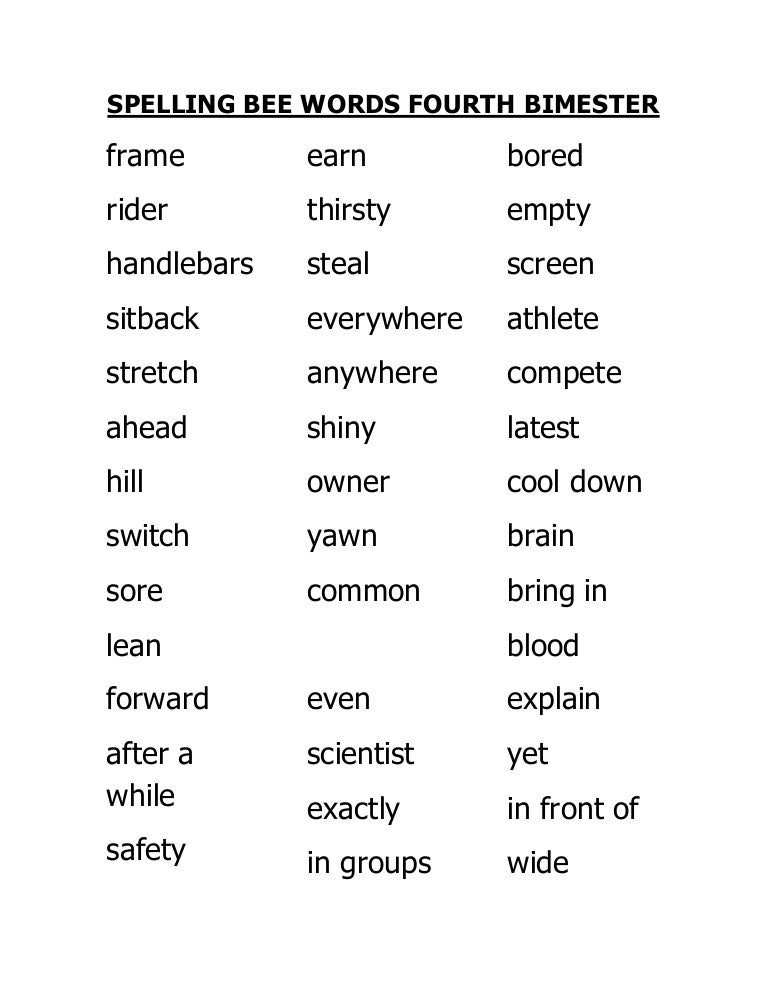
This page is a summary of curriculum topics, foundational skills and resources related to kindergarten spelling including information about:
- Kindergarten Spelling Curriculum
- Foundational Spelling Skills
- Kindergarten Spelling Words List
- Kindergarten Spelling Resources
- Additional Helpful Parent Tools & Resources
Kindergarten Spelling Curriculum Sequence
The spelling curriculum for kindergarten should cover kindergarten spelling words start with basic two letter words, or three letter consonant-vowel-consonant words, and become more complex.
For example, spelling words can be introduced that end with a silent e, changing the first vowel from short to long, for example, with a silent-e, HOP changes to HOPE.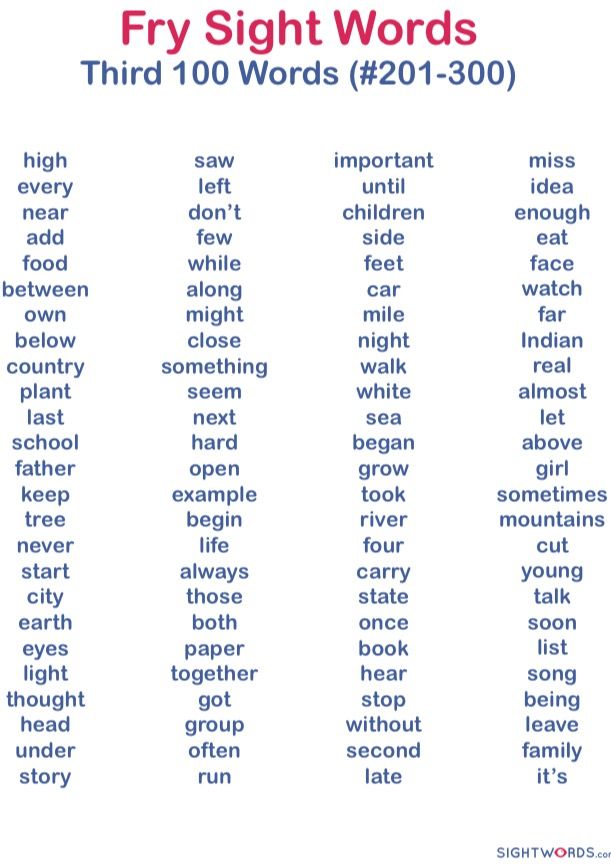 Also the double-e sound as in SEE, FEE and TREE and double-o as in BOOK are introduced.
Also the double-e sound as in SEE, FEE and TREE and double-o as in BOOK are introduced.
Another starting point for kindergarten spelling lists for the start of the year are: DAD and MOM. Children then start to expand the list by working through “word families”. From DAD, students would then learn that changing the first letter of a word would change the meaning and sound like BAD, SAD, HAD, and MAD. Also, they will learn that changing the vowel will also change the word like DID and HID.
In kindergarten, spelling skills grow to cover blends, for example, T plus R make the TR sound, such as in TREE. F and R blend to make the FR sound in FROG.
These very young children learn through spelling activities including many creative methods that make the kindergarten spelling program fun for them. Remember, every child learns at a different rate, so what works for some students, may not be the correct approach for your child. Which is why so many parents enjoy Time4Learning’s self-paced, modularized lesson plans. You can skip lessons that teach concepts your child has already mastered and repeat those he or she has not. The choice is yours.
You can skip lessons that teach concepts your child has already mastered and repeat those he or she has not. The choice is yours.
Foundational Spelling Skills
Spelling skills should develop as part of an overall language arts phonemic awareness, phonics, reading comprehension, vocabulary and reading fluency, grammar, reading and writing program. Children should (with help from their parents) develop their foundational spelling skills through an interest in words, regular writing, constant reading, a study of spelling rules, and playing of spelling games.
With help from their parents, children can develop and reinforce foundational spelling skills through the following activities:
- Regular writing for a head start on spelling, punctuation, and other concepts
- Constant reading or use of reading workbooks
- Frequent study of spelling rules like the relationships between letters and sounds
- Spelling bees for a fun way for your child to practice their spelling
- Playing of spelling games, quizzes or word games to help develop their spelling skills
- Structured computer spelling programs
- Personalized tutoring and assistance to boost confidence
- Setting daily blocks of time for spelling and reading activities
- Instruction through guided spelling activities like word sorts or word boxes
- Creating a rich language environment at home based on the quantity and quality of words spoken
Time4Learning teaches a comprehensive kindergarten spelling curriculum using fun activities to build a solid spelling foundation.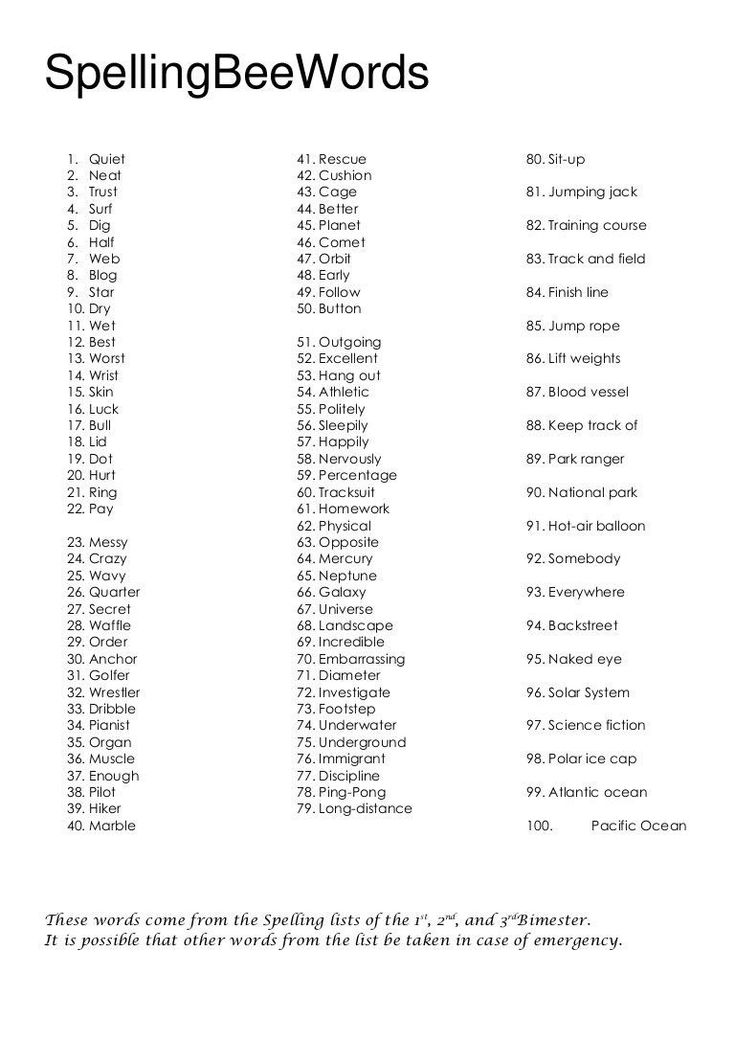 Help your child excel in spelling by trying out one of our Time4Learning’s kindergarten demos.
Help your child excel in spelling by trying out one of our Time4Learning’s kindergarten demos.
Kindergarten Spelling Words List
What spelling words should your kindergartener know? Here is a list of 40+ words that are great for use in spelling games, tests, or practice for an upcoming spelling bee. To add more value, download our Kindergarten spelling list printable worksheet with + 50words!
- bay
- day
- hay
- may
- pay
- ray
- say
- way
- fray
- gray
- by
- cry
- dry
- fry
- try
- toe
- hoe
- paw
- raw
- saw
- well
- book
- cook
- took
- bold
- cold
- fold
- hold
- mold
- sold
- doll
- game
- toy
- train
- get
- got
- say
- said
- car
- bus
Kindergarten Spelling Resources
If you’re interested in kindergarten spelling lists or vocabulary words, you might also be interested in:
- Our lesson planning worksheet can help you estimate how many lessons to have your child do each day
- Kindergarten curriculum overview with a summary of key kindergarten learning objectives
- Detailed list of Kindergarten language arts lesson plans
- Kindergarten Reading comprehension practice activities
Additional Parent Tools & Resources
Welcome to Homeschooling Guide – Are you new to homeschooling? This guide was written by seasoned homeschoolers to answer some of the difficult questions new families often struggle with.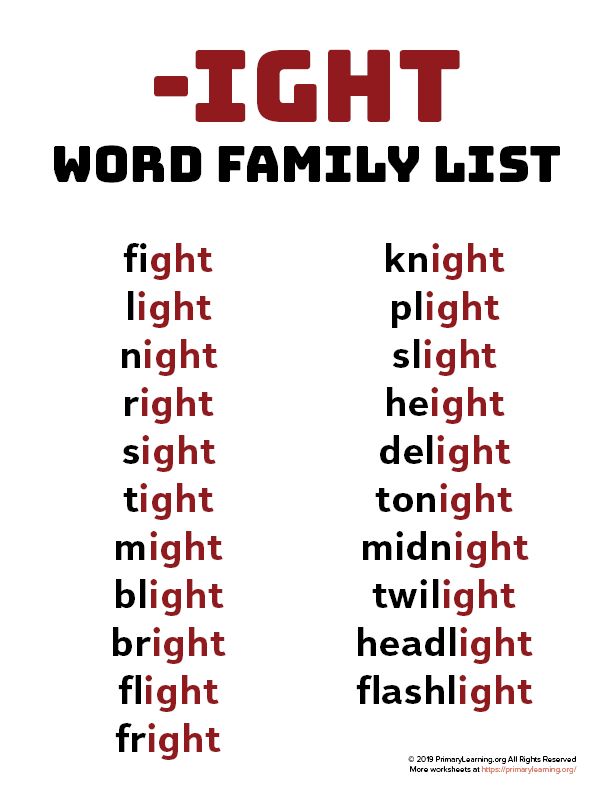
Curriculum Lesson Plans – An overview of the number of lessons that are included for each grade and subject. All students have access to at least 2 (and in most cases 3) grade levels of curriculum for each subject, so they can move ahead or review at their own pace.
Lesson Planning Worksheet – Wondering how many lessons to have your child do each day? Estimate the number of activities per day using this easy to use, printable worksheet.
Top 100 in English language.
Vivchiti dial
[əkˈsept]
accept
Accept
[ədˈmɪt]
admit
admit
[ədˈvaɪz]
advise
Raditi
[əˈɡriː]
agree
please wait
[əˈlaʊ]
allow
allow
[əˈmjuːz]
amuse
rose
[əˈnɔɪ]
annoy
dratuvati
[ˈænsər]
answer
answer
[əˈpɒlədʒaɪz]
apologize
waking up
[əˈraɪv]
arrive
arrive
[ɑːsk]
ask
ask
[əˈtrækt]
attract
attract
[ˈbætl̩]
battle
fight
[bɪˈɡɪn]
begin
start
[bɪˈliːv]
believe
believe
[blʌʃ]
blush
black
[ˈbɒrəʊ]
borrow
borrow
[break]
break
lamati
[brɪŋ]
bring
bring
[bʌz]
buzz
buzz
[kɔ:l]
call
call
[kæn]
can
can
[ˈkænsl]
cancel
Skasuwati
[ˈkæri]
carry
carry
[tʃeɪndʒ]
change
change
[kleɪm]
claim
vimagati
[kliːn]
clean
clean
[kləʊz]
close
close
[kəˈlekt]
collect
collect
[kəʊm]
comb
combo
[kəˈmjuːnɪkeɪt]
communicate
communicate
[kəmˈpleɪn]
complain
complain
[kʊk]
cook
cook
[ˈkɑːpi]
copy
copy
[kɒf]
cough
cough
[dæns]
dance
dance
[dɪˈsaɪd]
decide
decide
[dɪˈskʌs]
discuss
[drɔː]
draw
Malyuvati
[draɪv]
drive
drive
[ɪnˈdʒɔɪ]
enjoy
enjoy
[ɪkˈspleɪn]
explain
explain
[fɔ:l]
fall
fall
[fɪl]
fill
fill in
[faɪnd]
find
find
[ˈfɪnɪʃ]
finish
finish
[fɪt]
fit
fit
[fɪks]
fix
fix
[flaɪ]
fly
fly
[ˈfɒləʊ]
follow
follow
[gɪv]
give
give
[ɡləu]
glow
glow
[greɪt]
grate
Grate
[ɡrɪp]
grip
Schopiti
[ˈhændl̩]
handle
keruvati
[ˈhæpən]
happen
traipse
[hɪər]
hear
almost
[help]
help
help
[hɜːt]
hurt
hurt
[laɪk]
like
like
[ˈlɪsən]
listen
Rumors
[lɪv, laɪv]
live
live
[lʊk]
look
look
[luːz]
lose
spend
[muːv]
move
ruhati
[niːd]
need
[ˈəupən]
open
open
[ˈɔːgənaɪz]
organize
organize
[peɪ]
pay
pay
[pleɪ]
play
play
[ˈprɒmɪs]
promise
promises
[put]
put
put
[reɪn]
rain
rain (about rain)
[rɪˈplaɪ]
reply
Reply
[sel]
sell
sell
[ʃʌt]
shut
shut down
[saɪn]
sign
sign
[sməʊk]
smoke
smoke
[spel]
spell
spell
[stɒp]
stop
stop
[ˈstʌdi]
study
study
[səkˈsiːd]
succeed
succeed
[səˈdʒest]
suggest
pronounce
[swɪm]
swim
swim
[tɔːk]
talk
talk
[ti:tʃ]
teach
teach
[trænsˈleɪt]
translate
translate
[ˈtrævəl]
travel
go up
[traɪ]
try
try
[tɜːnɒf]
turn off
turn off
[tɜːn ɒn]
turn on
turn on
[taɪp]
type
drukuvati
[juːz]
use
vicory
[weɪt]
wait
check
[weɪk ʌp]
wake up
wake up
[wɒnt]
want
want
[wɒtʃ]
watch
watch
[weɪv]
wave
wave
[wɜːk]
work
work
[ˈwʌri]
worry
turbulent
Ready typing
Top 100 phrasal words in English language
Ready typing
[bæk əˈweɪ]
back away
back away
[bi: bæk]
be back
turn around
[biː ɒf]
be off
[bi:aut]
be out
Day
[biːˈoʊvər]
be over
end
[bi: ʌp tu:]
be up to
get up
[bləʊ aʊt]
blow out
split vshchent
[bləu ʌp]
blow up
blow up
[breɪk daʊn]
break down
[breɪkʌp]
break up [kɔːl bæk]
call back
call back
[kɑːl ˈɑːf]
call off
call off
[kɑ:m down]
calm down
calm down
[ˈkærɪ əˈround]
carry around
carry around
[ˈkæri ɒn]
carry on
carry on
[ˈkæri aʊt]
carry out
carry out
[ˈkærɪ ˈəuvə]
carry over
carry over
[tʃek ɪn]
check in
register
[kliːnʌp]
clean up
clean up
[kʌm əˈkrɒs]
come across
natrapiti
[kʌm əˈlɔŋ]
come along
[kʌmfrɔm]
come from
come from
[kʌm ɪn]
come in
see
[kʌm ɔf]
come off
come off
[kʌmɔn]
come on
come on!
[kʌm ˈəuvə]
come over
come over
[̘.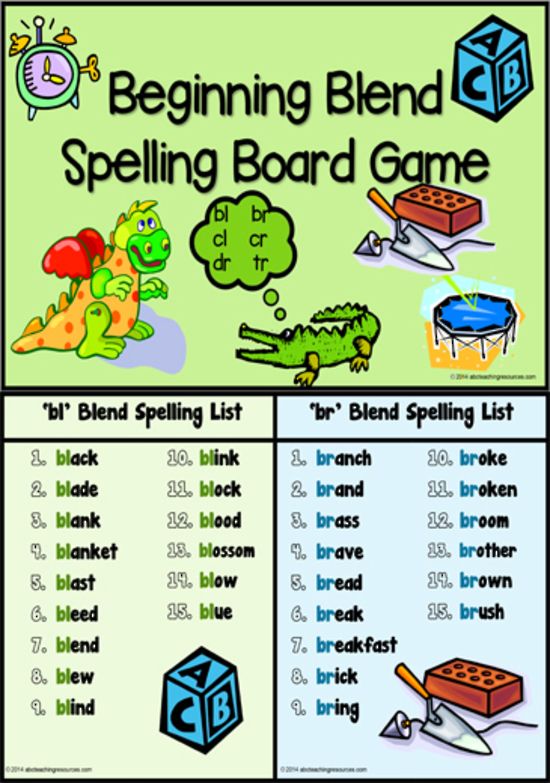

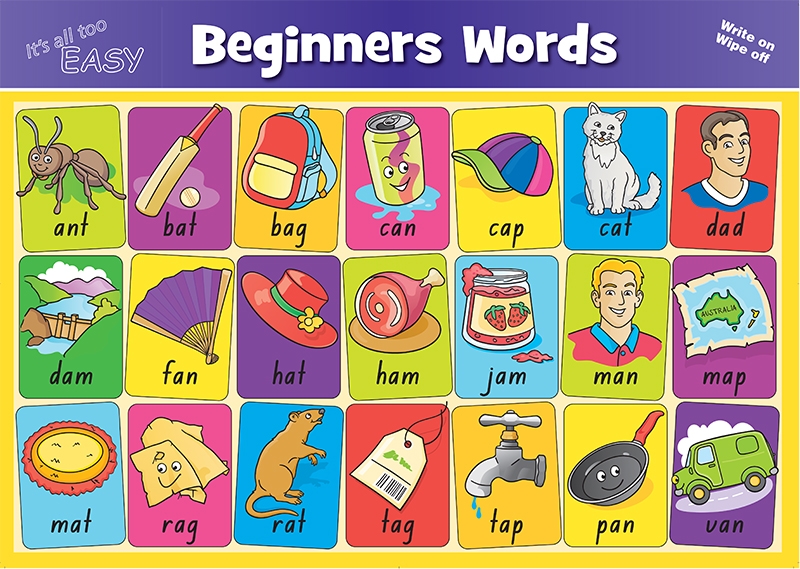 *
*